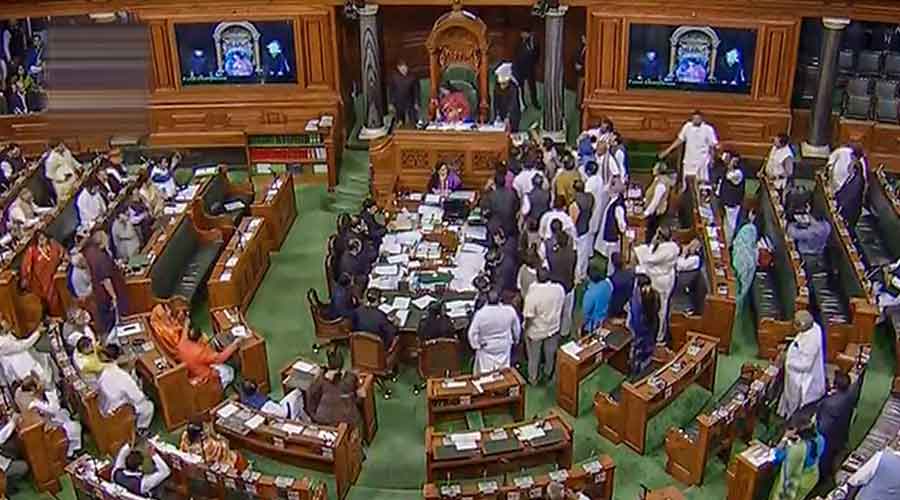India’s system of parliamentary democracy is riddled with problems, from corruption to the influence of money power. Should the inadequate number of legislative sittings be considered among its biggest weaknesses? The latest data suggest that, on an average, the Lok Sabha sits for just over 60 days a year. By comparison, the House of Representatives in the United States of America, the House of Commons in the United Kingdom, and the Diet in Japan each sit for more than 100 days every year. State legislatures in India meet even less frequently, with Odisha and Kerala — the most prolific assemblies — sitting for under 50 days annually. While it is essential to hold elected representatives accountable, their work must be measured using metrics befitting a diverse, rambunctious and complex democracy and not by simplistic yardsticks more appropriate in business schools. As people’s representatives, legislators are expected to ask questions of the government and participate in debates of public importance. The Parliament and state assemblies pass laws that govern all citizens. But Indian legislators are not truly lawmakers. Since the first Lok Sabha in 1952, only 14 private member bills — drafted by individual parliamentarians, and not the government — have been passed. Contrastingly, every legislation in the US is sponsored by individual lawmakers.
In recent years, the government has steamrolled bills through Parliament — among them controversial farm laws that have since been revoked and the one ending Jammu and Kashmir’s special status — robbing legislators of even the opportunity to fully debate them. Yet, there is a still bigger reason why it would be flawed to judge legislatures and their elected members by the yardstick of their attendance in Parliament or state assemblies alone. Elections are not public-speaking contests, and the most important job of elected representatives is not to sit in legislatures — but to be among their constituents, listening to their concerns and trying to address them. How much time legislators spend with voters, what they do with funds allocated for their constituencies and how effectively they amplify the issues of importance to their constituents are perhaps equally appropriate factors by which to measure their performance. Parliament is often described as a temple of democracy. It is. But its gods are
supposed to be the people of India who live beyond the walls of that shrine. It is they whom legislators must honour.











